Goodbye, united Belgium? The old idea of redrawing Europe’s borders gains traction
Several media outlets, citing the Dutch publication NRC, reported last week that during a dinner with French Ambassador François Alabrune, Martin Bosma, a member of the far-right Party for Freedom and Speaker of the Dutch Parliament, suggested the division of Belgium.
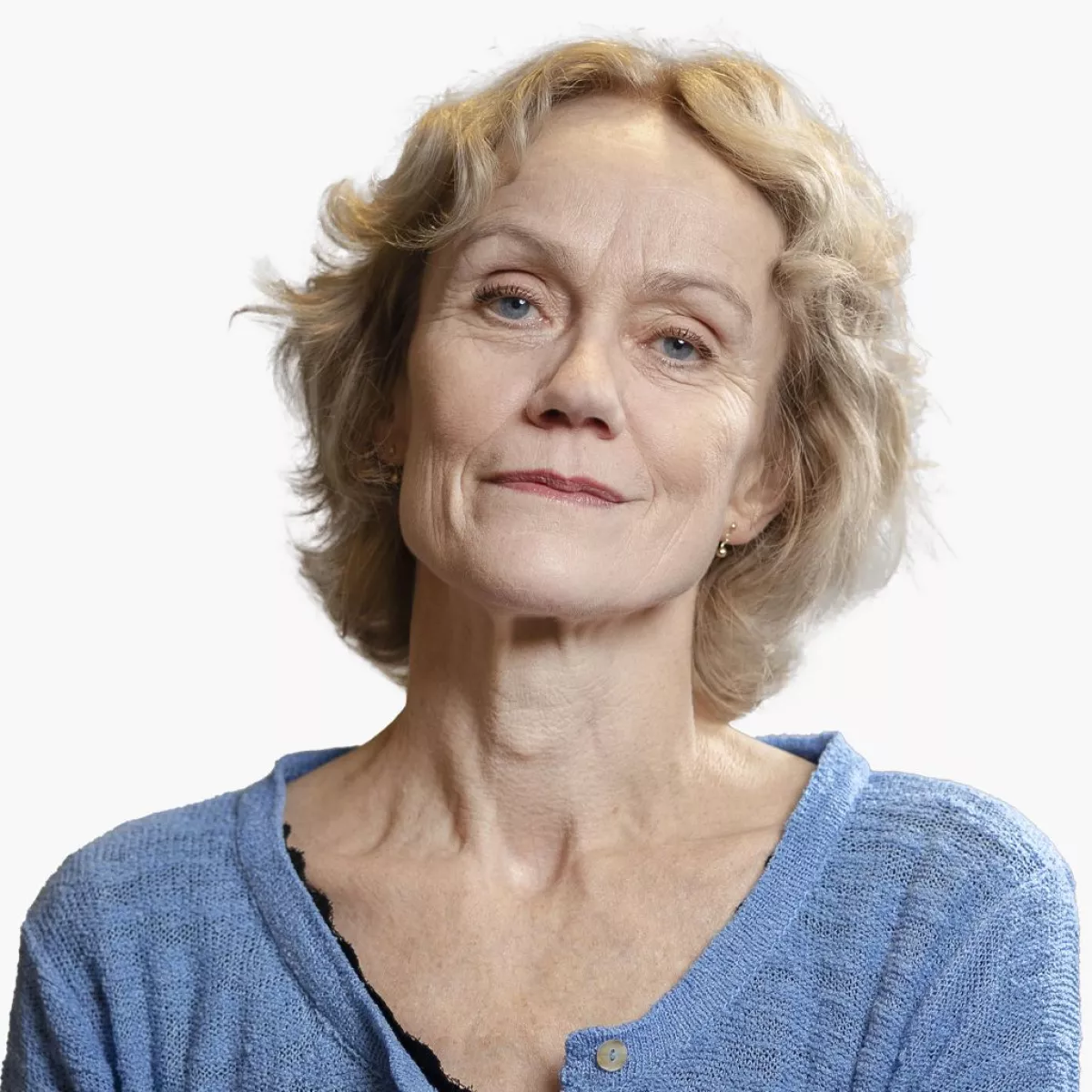
Journalist Petra de Koning writes that in the presence of other members of the Dutch parliament, Bosma stated: "The Netherlands wants Flanders (the Flemish region, one of Belgium's three official entities) to become part of it. Then Wallonia could be handed over to France."
Bosma added that such scenarios "were on the table," but then declined to elaborate further. Belgian authorities refrained from commenting on the incident.
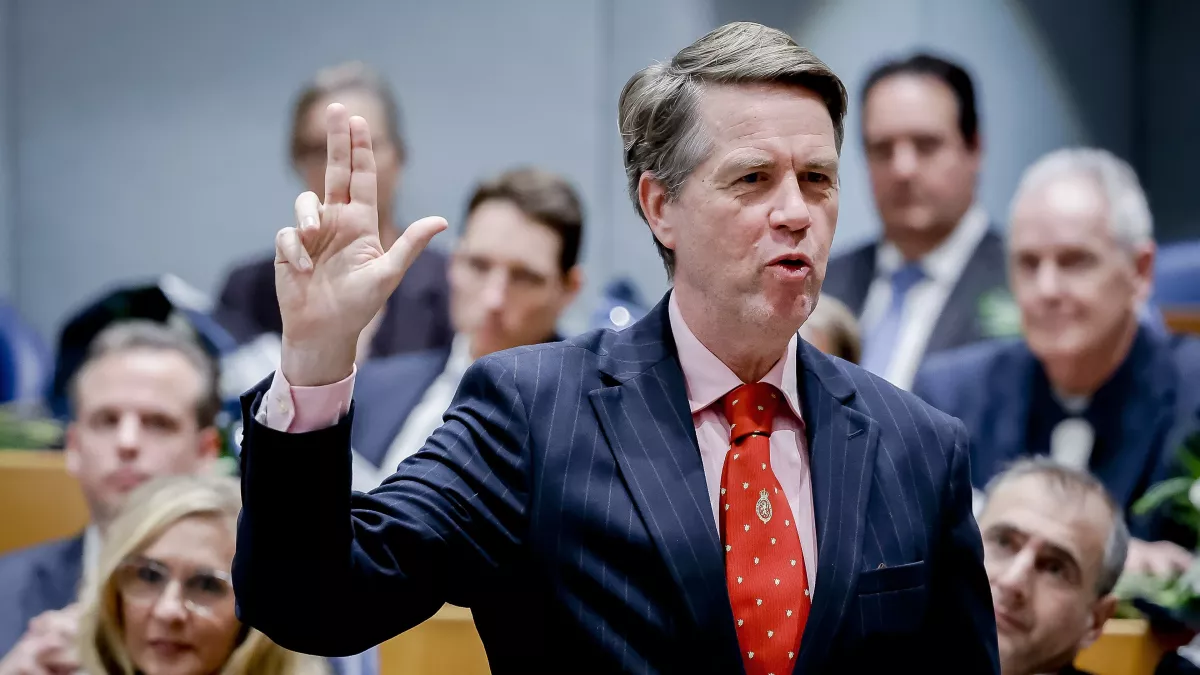
The incident has been covered by only a few foreign media outlets, including the French newspaper Le Figaro and the television channel TF1. However, the mere mention of the possibility of Belgium’s division raises concerning reflections.
The idea of splitting this Northern European country between its neighbours is not new. In 1830, at an international conference in London, French diplomat Charles de Flahaut proposed dividing the newly formed Belgian Kingdom between France, Prussia, England, and the Netherlands.
Naturally, the wealthiest and most populated provinces of the kingdom were to be allocated to Paris, while Great Britain, as compensation, was to receive the city and port of Antwerp.
Flahaut's plan was ultimately rejected under the insistence of French Foreign Minister and renowned diplomat Charles Maurice de Talleyrand. This was, of course, not out of considerations of justice or a desire to uphold international law. The great master of intrigue, whose name became synonymous with political opportunism, believed that a British foothold on the continent would be a perpetual threat to Paris.
Talleyrand was also displeased by the strengthening of Prussia. As a result, Belgium was able to preserve its independence, and a king from the Saxe-Coburg dynasty was chosen to the throne.
The idea of dividing Belgium into French-speaking Wallonia and Dutch-speaking Flanders has never fully disappeared. Today, this proposal is supported by 10 to 15% of Belgian voters. However, the plan is of far greater interest to neighbouring countries, which would stand to benefit from a potential annexation.
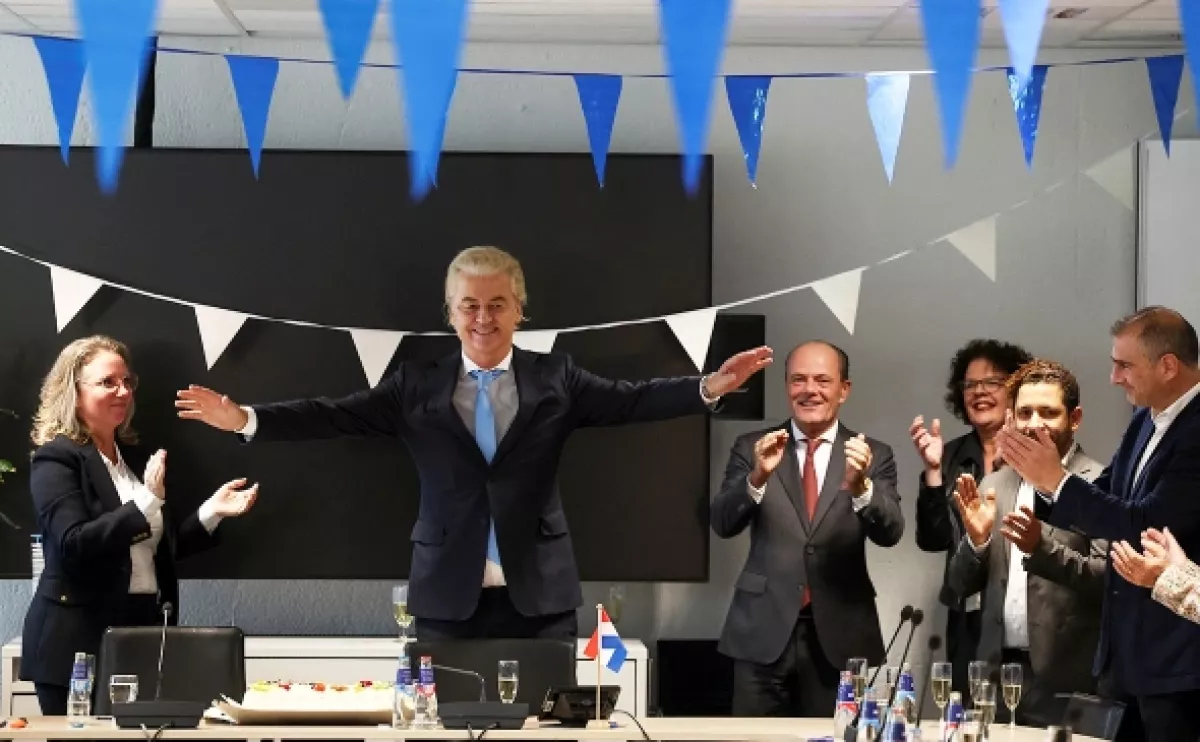
In the Netherlands, the proposal is supported by the Party for Freedom, to which Martin Bosma, the French ambassador’s dinner guest, belongs. The leader of this party, Geert Wilders, has repeatedly hinted that the idea of "reunion with Flanders" is close to his heart.
This unresolved issue has been a source of pain for Dutch nationalists since the 17th century, when, following the Dutch bourgeois revolution, the southern provinces of the country, which make up modern-day Belgium, remained under Spanish rule.
In recent years, the Party for Freedom has actively advocated for closer cooperation between Flanders and the Netherlands. The French newspaper Libération quotes Dutch sociologist Maurice de Ondo, who believes that 45% of the Dutch population supports the annexation of Flanders.
Today, Flanders is home to more than 7 million people out of Belgium's total population of 11.5 million. "Separatist" sentiments in the region have a significant impact on society. The two largest political parties in the province belong to the right-wing camp. In various forms, they call for greater independence from Brussels and the Walloon regions. Flemish people often point to the high unemployment rate in the French-speaking regions and their relative economic backwardness. The idea that "hardworking Flemings are feeding lazy Walloons" is quite popular among many Belgians.
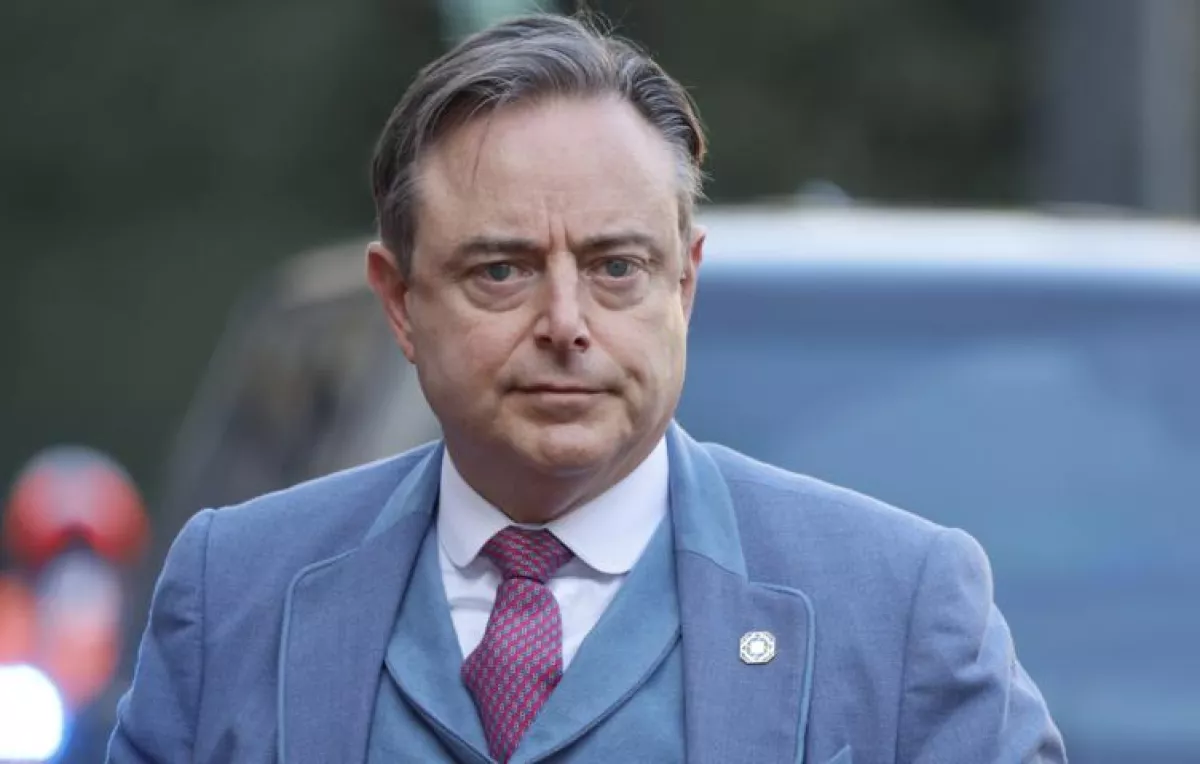
Belgian Prime Minister Bart De Wever recently promoted the idea of dividing the country. According to him, he "would die happier” had he been Dutch rather than Belgian.
"We were once one country. <...> In the 17th century, we decided we no longer wanted to be together and began developing in different directions. We couldn’t stand each other to the point that the king sent the army. Not that I want to undo this 'divorce.' Many people think I’m a romantic, fascinated by history, but I see it from an economic rationality perspective. The world is becoming larger, the stakes are higher, and we need a stronger position in the global process. In this case, it makes sense to unite with those who share much in common."
"In 1993, I was already one of the organisers of a student conference dedicated to Great Holland. I have never given up on my dream — for all the Dutch to one day live together. It sounds like a fantasy, and people are not yet morally ready for it," De Wever said.
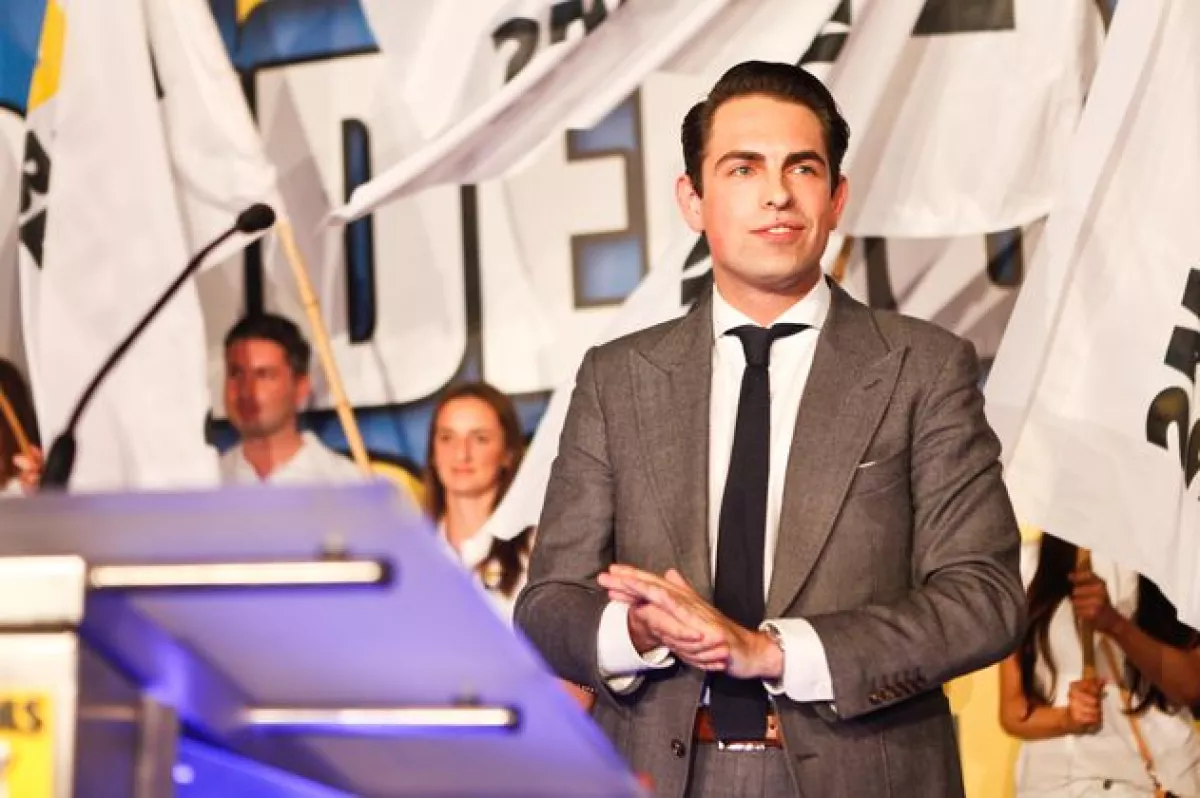
Nevertheless, the idea of dividing the country is currently officially supported in Belgium only by the Flemish Interest (Vlaams Belang) party. According to its leader, Tom Van Grieken, "opinions on this matter are very divided. Flemings like the Dutch. We truly have a lot in common. More than you might think."
It is worth noting that the discussions about dividing Belgium have emerged against the backdrop of dramatic changes in the international climate in recent years. Topics that were once considered taboo — invasions, annexations, deportations — have become subjects of discussion at the highest levels.
This has happened before, but typically, the victims were "third world" countries — Iraq, Libya, Afghanistan, and the countries of the former Yugoslavia. However, statements by Donald Trump about the possible annexation of Canada or the purchase of Greenland from Denmark have turned even "first world" countries into objects of division.
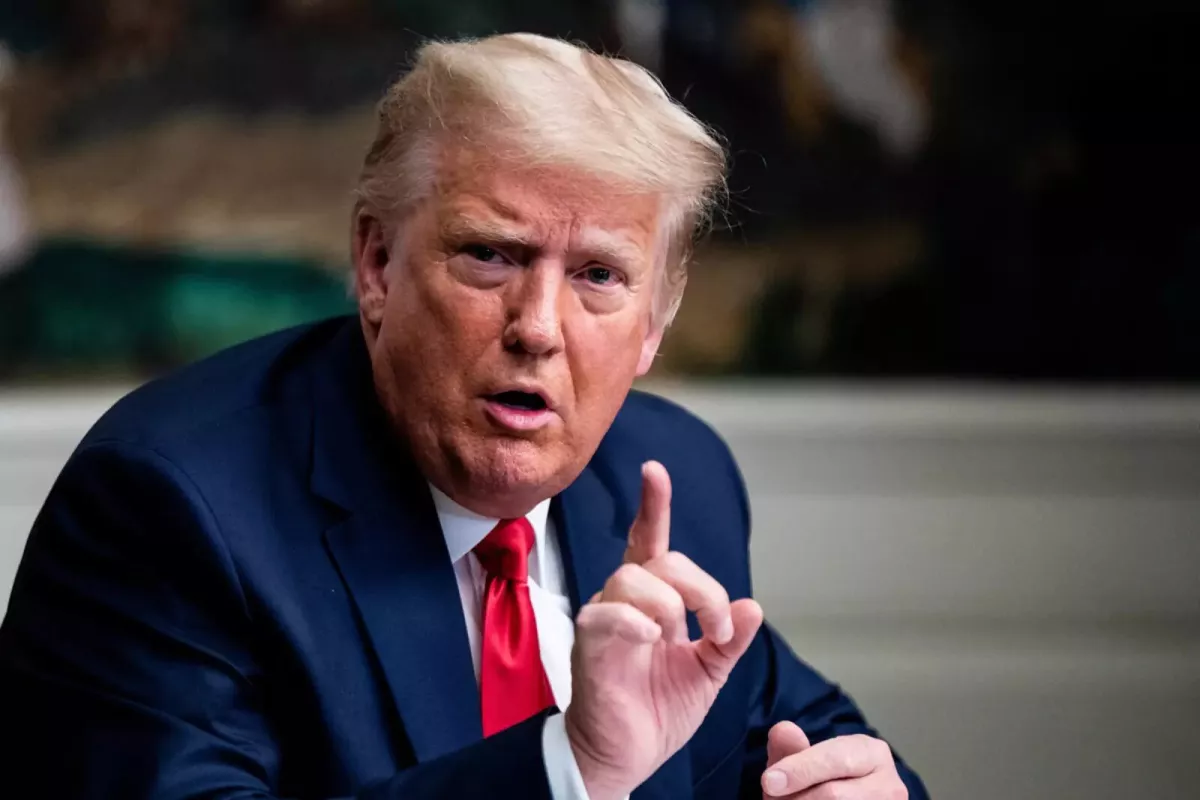
After a brief outcry over Donald Trump's comments in Europe, politicians have emerged who are ready to enthusiastically begin dividing the lands of their neighbours. This is not surprising, given the speed with which far-right ideas are taking hold of European minds.
Dutch media note that Martin Bosma’s remarks reflect not only his far-right views but also the growing nationalist sentiments in both countries.
For centuries, Europe has been the arena of continuous wars and conflicts — perhaps more than any other region in the world. After the bloodshed of the Second World War, a fragile peace reigned on the continent, but it seems that the era of European unity and declared pacifism is fading into the past.
In the near future, plans to create a "Great Netherlands" are likely to worsen relations between Amsterdam and Brussels. The European Commissioners sitting in the Belgian capital may soon find themselves spending more time not interfering in the affairs of their neighbours, but rather putting out a fire that could flare up literally at their doorstep.








